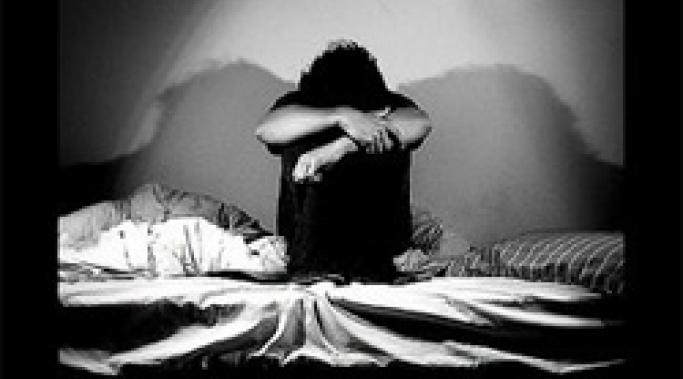I try not to ask myself "Will I stay well?" too often. But it sort of lurks in the back of my psyche until, finally, I am confronted with it. That's part of living with a mental illness--whether it is chronic or in passing--and it's tough. Really tough. But what about before you were properly diagnosed?
Seasonal Affective Disorder
I have an appointment with My Psychiatrist today. In exactly six hours and forty minutes. Well, six hours and forty-two minutes to be exact. I know things like this. I have not seen her in a month. She was on vacation. She told me she would be riding camel's--I'm serious--on her vacation.
I wrote a blog a couple of weeks ago-- "Mental Illness--Acting on Impulse!"--but this post is different. I am not focusing on impulsive behavior such as overspending, abusing drugs and alcohol and self-medicating moods. I want to talk about acting on emotions.
I could write a million posts (granted my hands might hurt, my head even more) on how frightening life, before being diagnosed with a mental illness, is.
In my last post The Experience of Depression: The Flip-Side of Mania I focused on both depression and, you guessed it, mania. I have a secret: I'm not feeling so great. I am clinically depressed.
The title of this post suggests that I am focusing exclusively on bipolar disorder and this might be true in content, but the symptoms and the experience described below are common within the spectrum of all chronic mental illness. It is a shared experience among those who are diagnosed--and not just with with bipolar disorder--highs and lows, in part, define mental illness.
In my last article, I talked about insomnia and the impact it can have on mental health. I talked about the importance of sleep in our recovery. It can spur feelings that we might be inching close to relapse. Often, insomnia is just insomnia. But oversleeping is different. A lot different. Night and day different--Pardon the horrible pun!
The topic for this blog came from a phone conversation with someone in-my-circle-of-people-I-appreciate-and-trust. That's a mouthful. In other words: I have a difficult time trusting people. And this person, whom I have known for a verrrry long time (who I love very much), called me one the morning. As she usually does. Without hesitation.
So, What Happened?
This blog, Recovering from Mental Illness, allows me to explore many different topics. This post, "Visualizing Mental Illness" might be a bit tough to delve into, but I believe it's an important, albeit confusing, issue. Let's give it a fair shot.
R.E.L.A.P.S.E. Seven letters. Just seven. This seems impossible: the experience of mental illness relapse requires millions of words. As many words as the emotions it evokes, the pain it causes and the feeling that, you, that I, cannot escape. The fear of mental illness relapse isn't lessened by knowing recovery will follow.









